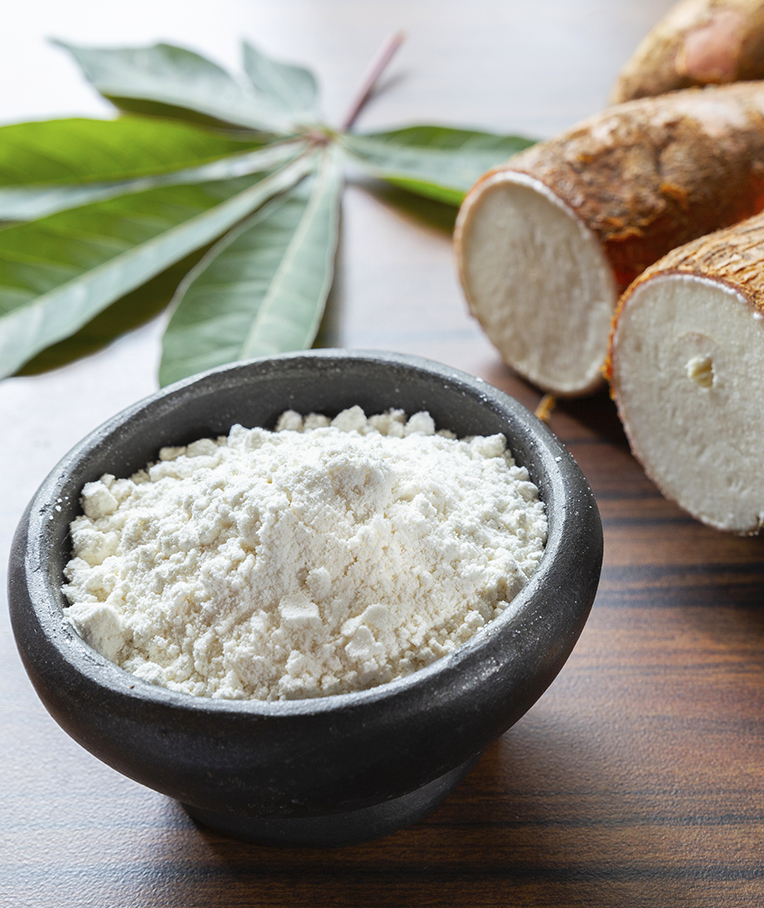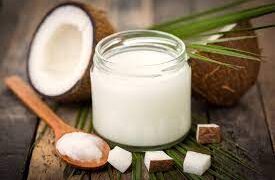Description
Tapioca (Cassava Starch)
Cassava starch is a tasteless white powder. It is obtained from the cassava root by crushing, drying and grinding the tubers.
Tapioca starch has a high water-binding capacity. It can withstand long cooking without dissolving. In addition, food produced with this starch does not lose its texture and consistency after freezing or reheating, as tapioca retains its thickening properties during these processes. Tapioca flour is known for its excellent consistency and ability to regulate moisture and also expand the volume in final products. Since it does not affect the taste, it is widely used in the food industry for the production of gels and thickening foods. Native Tapioca Starch is also able to stabilize emulsions.
| Physical and chemical characteristics | Value |
|---|---|
| Appearance | White powder |
| pH | 4.5-7.0 |
| Humidity max (%) | 13.0 |
| Ash max (%) | 0.2 |
| Whiteness min (%) | 90.0 |
| SO2 max (mg/kg) | 10.0 |
| Viscosity min (BU) | 650.0 |
| Total number of bacteria max (cfu/g) | 10,000 |
| Salmonella, in 25 g | Absent |
| Yeast max (cfu/g) | 100 |
| Molds max (cfu/g) | 100 |
| E. coli, in 0.1 g | Absent |
| Coliform bacteria, in 0.1 g | Absent |
The shelf life of cassava starch is 24 months. It should be stored in a clean and dry place, at room temperature, away from materials with an unpleasant smell.
Salsal Trading SA supplies its Trading Partners with tapioca starch in 25 kg bags.
Tapioca starch is mainly used in the food industry. It is added to sauces, dressings, soups, fillings and dairy products as a thickener and to increase the viscosity of the final product. Native tapioca starch is also added to beverages as a component of starch-based sweeteners. In the confectionery industry, it is valued for its gelling and texture-stabilizing properties.
Tapioca flour is added to animal feed premixes as a filler. It is also a source of energy, valuable vitamins and minerals.
In the pharmaceutical industry, tapioca starch is used as a binder and filler in the production of tablets. It also gives cosmetic products greater viscosity and changes the final consistency and density. Cassava starch also provides a mattifying effect in various cosmetic products.
Tapioca flour is also used in the production of glues due to its binding properties. Due to its whiteness and viscosity, it is also used in the production of paper. It increases its strength and provides a smooth surface.















Reviews
There are no reviews yet.